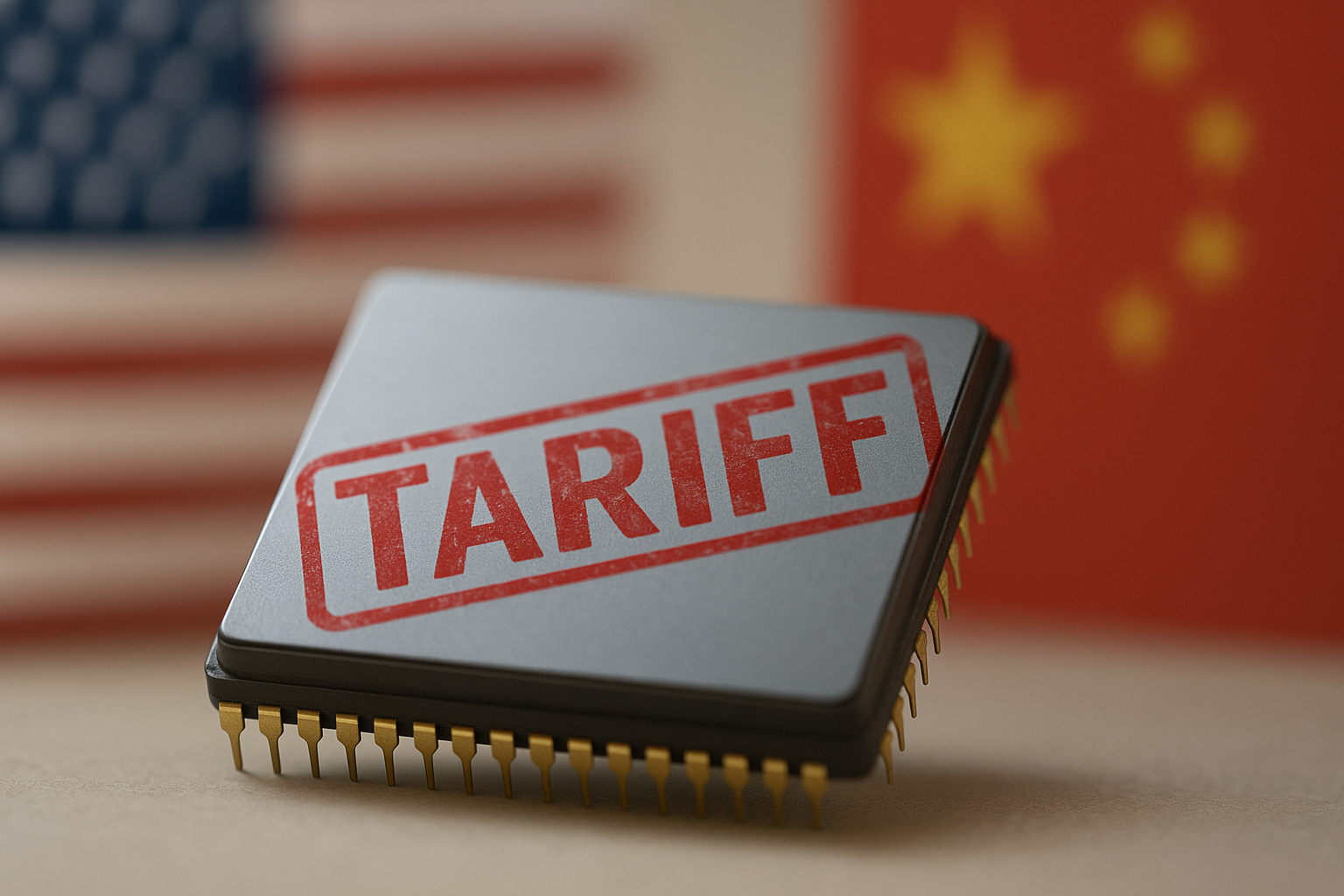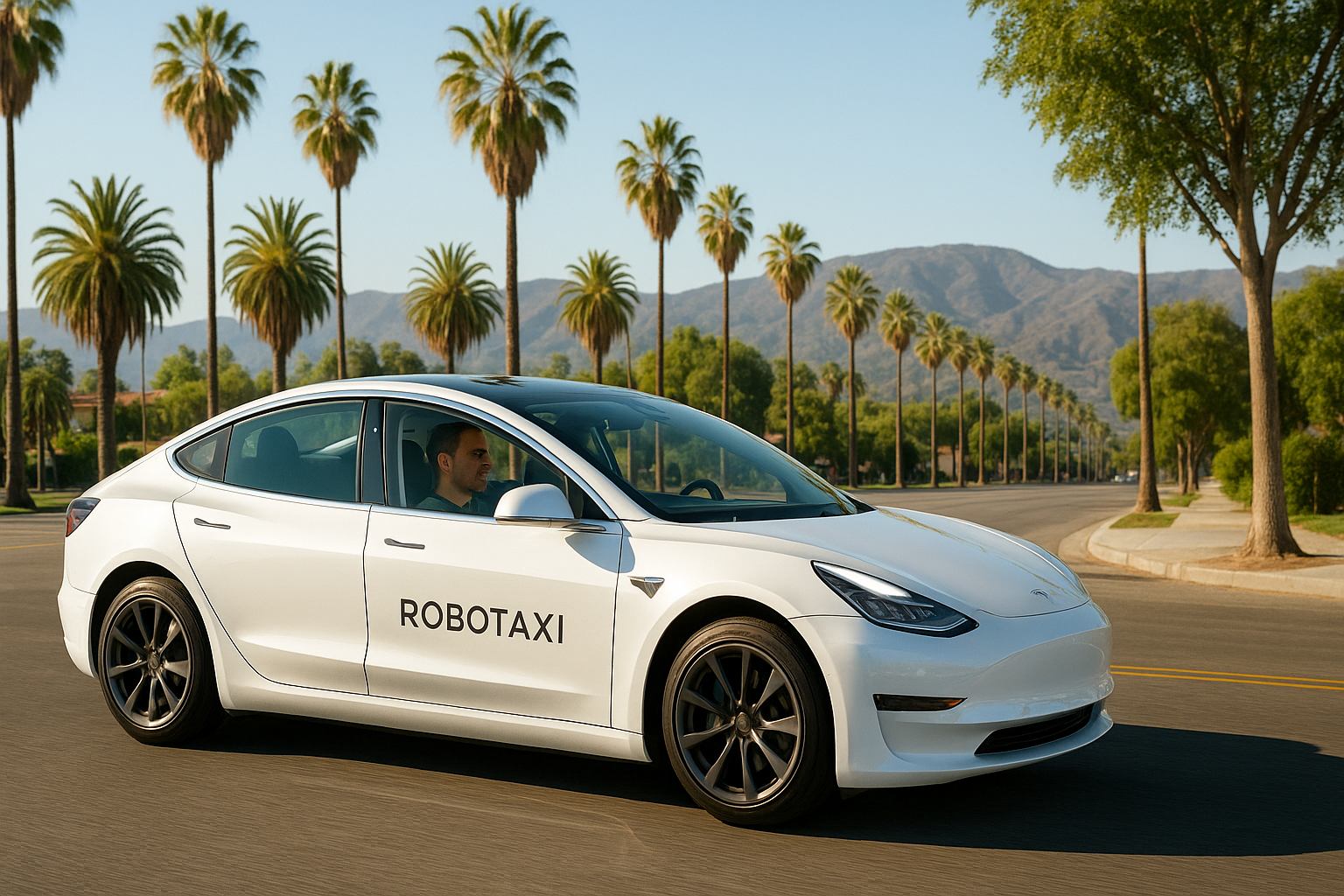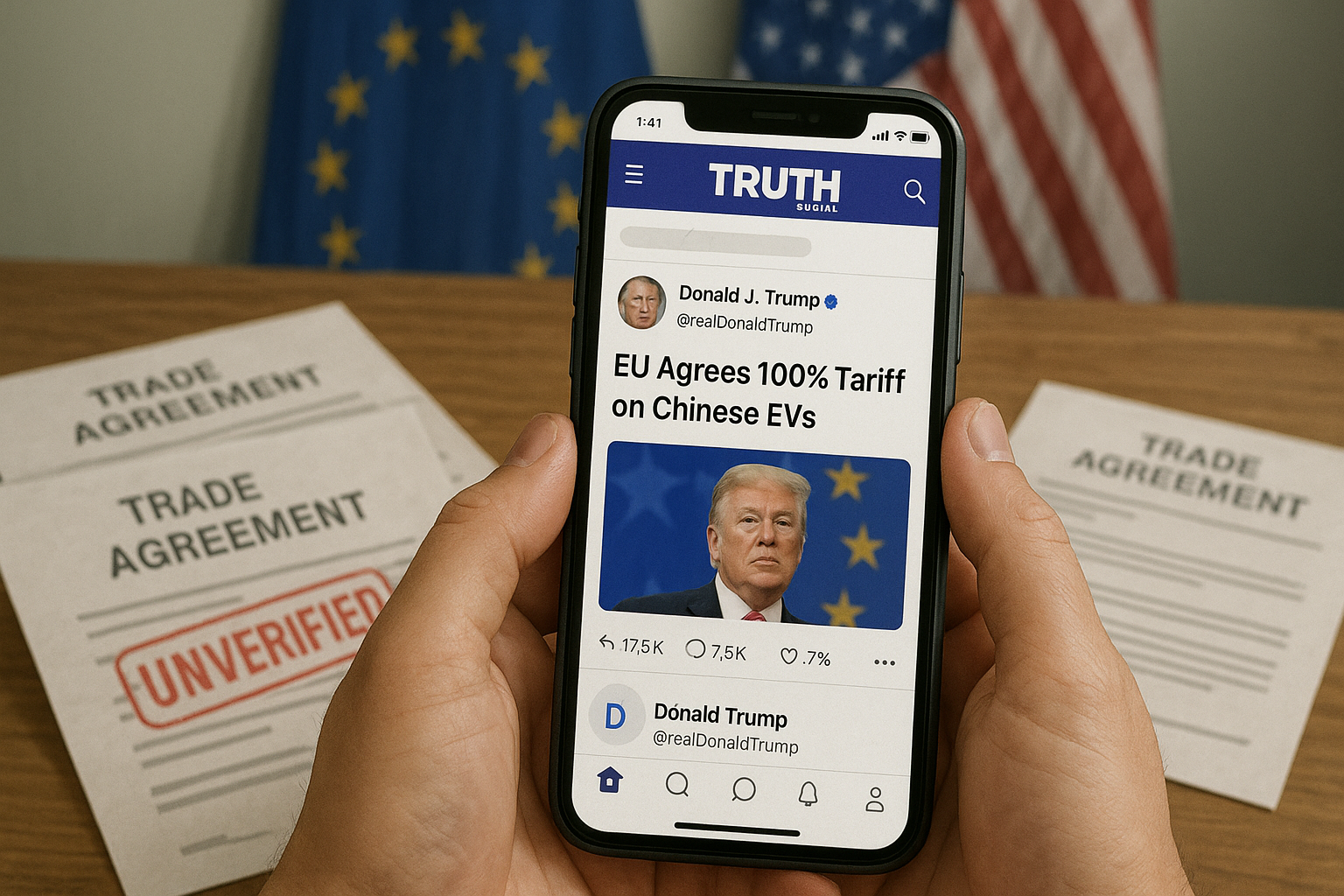Apple's seeing something remarkable in China right now. Not a technological revolution—a price one.
Chinese consumers are quite literally fighting over discounted Apple products during the country's 618 Shopping Festival. We're talking actual physical altercations for the chance to snag Mac minis at fire-sale prices. I've covered tech retail trends for years, and this level of consumer frenzy is something special.
Here's what's happening: combine China's massive shopping festival (think Black Friday on steroids) with government subsidies, and suddenly Apple's premium gadgets are selling at discounts of—wait for it—30 percent off. That's not a modest price cut. That's a seismic shift in value proposition.
The numbers tell the story. A Mac mini with M4 chip, normally priced around 4,000 RMB, now costs just 2,900 RMB (roughly $400). The higher-end model with better specs? A mere 4,788 RMB.
Look, we've always known price matters. But what's fascinating here is the inflection point. Drop below a certain threshold and demand doesn't just increase—it explodes.
There's something almost primal about the reaction. The shortages have gotten so bad that used devices on secondary markets are actually commanding higher prices than new ones at retail. (Yes, you read that correctly. Economic theory is having a breakdown in real time.)
What's particularly telling about this whole situation? While Silicon Valley executives drone on about AI capabilities and machine learning breakthroughs, regular consumers in China are making their priorities crystal clear. They want good technology at accessible prices.
"Users don't care whether AI is available" might be overstating things a bit, but there's truth there. For most folks, core functionality—especially video editing capabilities for social content creation—trumps having the absolute latest tech bells and whistles.
I spoke with several retail analysts who confirmed this pattern extends beyond China. The difference is that Chinese consumers are just more... enthusiastic... in their response.
This all reminds me of that classic business dilemma where companies add sophisticated features nobody asked for while missing the simpler value proposition staring them in the face. Price matters. A lot.
Is the claim that "Apple can increase its sales 20 times by reducing the price by 1/3 without any AI" accurate? Probably not literally. But directionally? Yeah, there's something there.
The whole situation poses interesting questions for investors. While tech giants pour billions into AI development (and make no mistake, that matters for long-term positioning), maybe they're overlooking more immediate consumer triggers?
I mean, the most sophisticated natural language model in the world can't compete with a 30% discount when it comes to getting people to open their wallets. Not even close.
Of course, this is clearly a tactical move for Apple, not a strategic shift. You can't sustain this kind of discounting without destroying your premium brand positioning. That's Marketing 101.
What happens next is the interesting part. Does this short-term sales explosion create longer-term ecosystem loyalty that justifies the margin hit? For Apple's competitors, can they match these prices without Apple's brand premium to cushion the blow?
Meanwhile, the Chinese government gets to claim a political win. Making premium technology more accessible through subsidies is pretty smart economic populism—cheaper than broad stimulus but generates tons of goodwill.
In the end, this whole episode is a reminder that for all our technological sophistication, we're still fundamentally driven by pretty basic economic incentives. AI may represent the future, but a good old-fashioned price cut? That's timeless.




